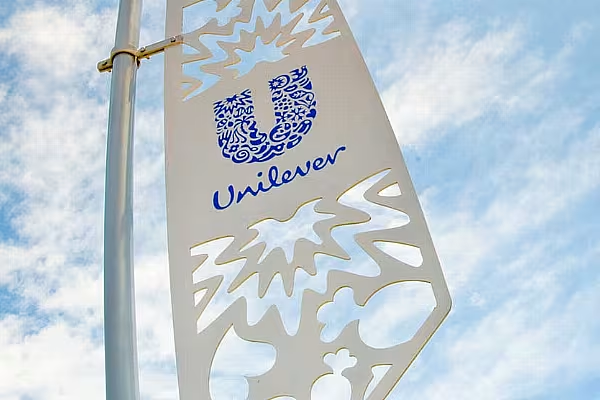Consumer goods giant Unilever has reported weaker than expected third-quarter sales, citing softer demand in India and a slowdown in China, two of its biggest emerging markets.
Emerging markets, which account for 60% of Unilever's business, have been a key area of focus for Chief Executive Alan Jope since he took the reins in January.
Jope has been focusing investment in countries such as Vietnam and Bangladesh, where growing populations and an emerging middle class are driving demand for household products.
“We are committed to delivering superior long-term financial performance and balanced, compound growth of the top and bottom line through our sustainable business model," he said.
Share Price Rise
Shares in the maker of Knorr soups, Dove soap and Ben & Jerry's ice cream have risen more than 11% this year, nearly double the rise in the broader FTSE 100 index, buoyed by a weaker pound and strong performance in markets such as Indonesia and the Philippines.
Yet two of its biggest emerging markets show signs of slowing growth, with the impact of trade wars hitting domestic consumption in China and irregular monsoons curbing rural spending in India.
"South East Asian markets continued to grow well, while growth in India softened further and China slowed a little," the company said on Thursday.
Sales Growth
Unilever reported underlying sales growth of 2.9% in the quarter, missing an average forecast of 3%, according to a company supplied consensus.
Turnover was €13.3 billion, above the €13.24 billion analysts had expected.
However, the company stuck to its full-year target for underlying sales growth in the lower half of a 3% to 5% range and to achieve a 20% operating margin in 2020.
News by Reuters, edited by ESM. Click subscribe to sign up to ESM: European Supermarket Magazine.











